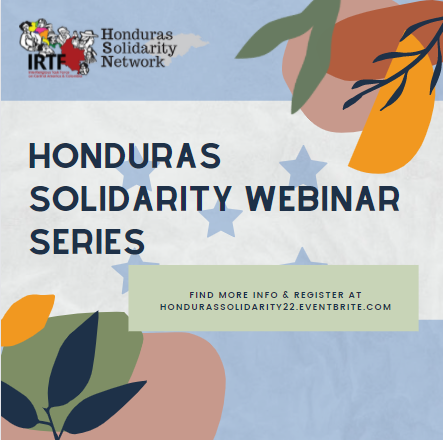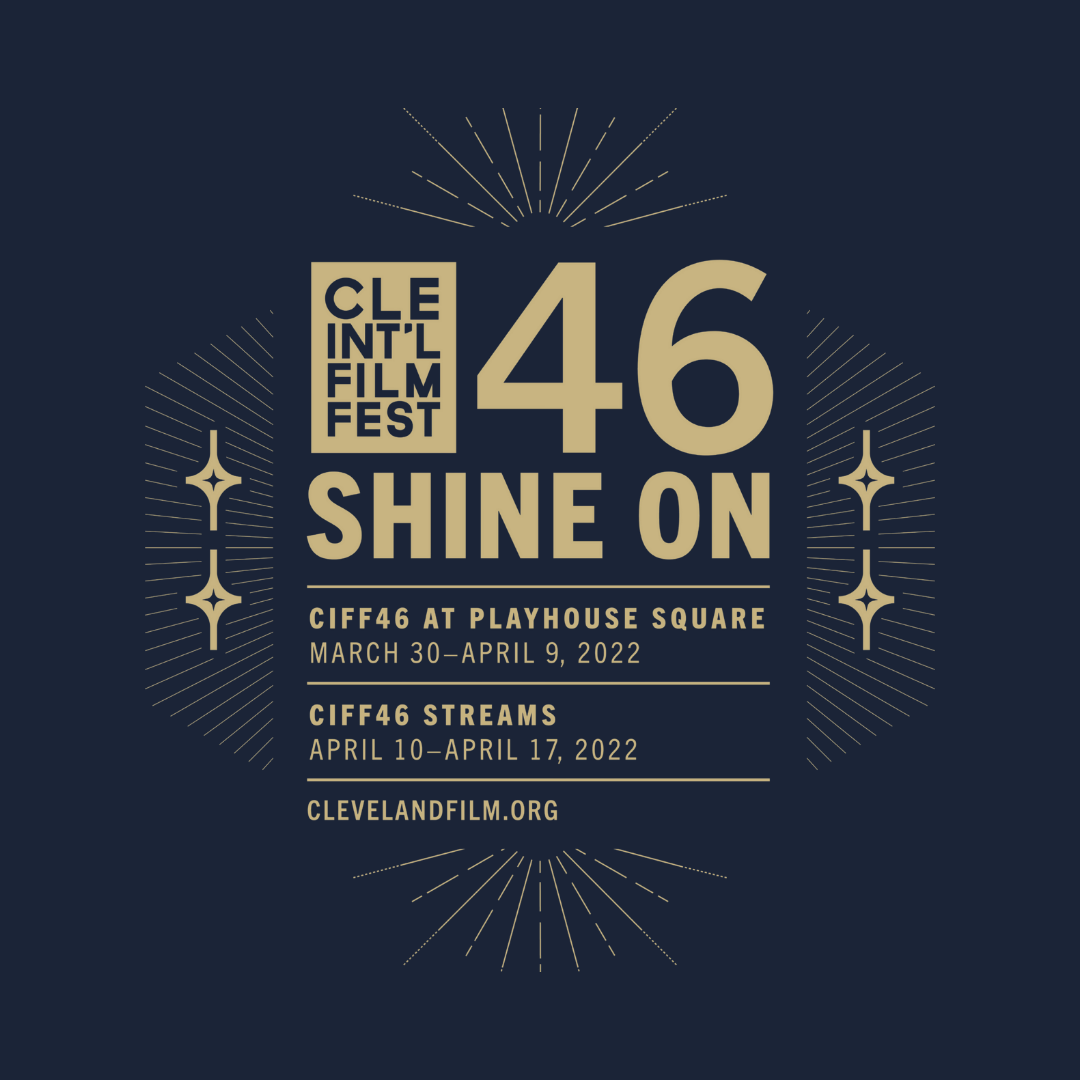From the late 1800’s, the United States has been destabilizing countries in Central America, including Honduras, through political, corporate, and military intervention. With the victory of Xiomara Castro, the first woman head of state in Honduras, in the elections of November 28 2021, the country experienced a historic step forward for the popular resistance that coalesced after the 2009 coup. Still, there are many uphill battles in the struggle for justice and dignity for the people of Honduras. In this four-part webinar series, we will be looking at how corruption, land dispossession, environmental degradation, and systemic human rights abuses are the consequences of neoliberal (global free-market capitalist) policies and the legacy of U.S. imperialism. We at Honduras Solidarity Network and the InterReligious Task Force on Central America and Colombia invite you to join this series to gain a deeper understanding around these issues, as well as what can be done by people living in the Global North to show solidarity.
- Home
- About Us
- Issues
- Countries
- Rapid Response Network
- Young Adults
- Get Involved
- Calendar
- Donate
- Blog


